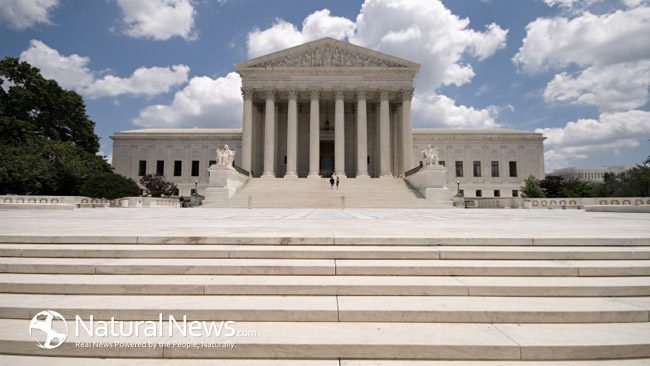by Long Island Attorney Paul A. Lauto, Esq.
The United States Supreme Court has rendered its decision in King et al. v. Burwell et al. upholding Obamacare in a 6-3 decision. The majority opinion was written by Chief Justice Kennedy and a scathing dissent was written by Justice Scalia.
At issue was whether or not the Act’s tax credits are available in States that failed to establish their own Exchange as required by the Act. The Act requires an Exchange to be “Established by the State.” This requirement is satisfied by a State establishing its own exchange and if not, by having the Secretary of Health and Human Services establishing and operating one within the State. One purpose for requiring each State to set up their own Exchange was to create competition, which at least in theory, would drive premiums down. The problem arose in that more than 30 States failed to establish their own Exchange as required and therefore under the plain language of the Act, would not be entitled to tax credits. Notwithstanding, the Court found a way to uphold Obamacare.
In its decision, the Court admitted that the Obamacare Act suffers from inartful drafting with ambiguous context. However, the Court reasoned that to rule against Obamacare in this case would effectively gut Obamacare, leaving millions of Americans uninsured. The Court further reasoned that such a result could not have been the legislative intent, therefore refused to rule against the Act.
In dissent, Justice Scalia wrote that the Court in its majority opinion effectively states that “Exchange established by the State” means “Exchange established by the State or the Federal Government,” as that was the real intent of the Legislature. Justice Scalia concluded that not only was same “absurd,” but it wasn’t supported by the Act itself. That if the majority opinion was correct as to the legislative intent, the Act would not contain multiple provisions repeatedly referring to the establishment of Exchanges by States. Further, that the Court by determining legislative intent the way it did, in essence has re-written the flawed law to save it from itself, thereby usurping the power of the Legislative branch. Accordingly, the Court’s majority decision has effectively circumvented the balance of powers and exceeded the constitutional authority granted to the Judicial branch.
Justice Scalia’s concern for the Court’s future reputation in light of this decision, is not unfounded. Many have already spoken out against the Court’s decision as a failure to uphold the plain meaning of the law, with a “pick and choose” mentality that is nothing short of a travesty. While Chief Justice Kennedy was correct in stating that to rule against Obamacare would effectively gut the law resulting in widespread ramifications, that in and of itself is not justification for its decision. The Court has ruled on innumerable past issues, such as abortion, where its decision created widespread ramifications. Notwithstanding, same did not result in the Court deviating from the plain meaning of a law or becoming so creative to save a law, that they ignore the maxim that ambiguities are construed against the draftsman.
President Obama believes that the more time passes the more Obamacare will become entrenched or woven into the American fabric. If that is true and the Republican party is intent on repealing Obamacare if they capture the White House, what does Justice Kennedy think the ramifications will be then?
Long Island Lawyer
Paul A. Lauto, Esq.
www.liattorney.com
Sources:
http://www.supremecourt.gov/opinions/14pdf/14-114_qol1.pdf
https://www.yahoo.com/politics/supreme-court-upholds-obamacare-subsidies-122340028541.html





